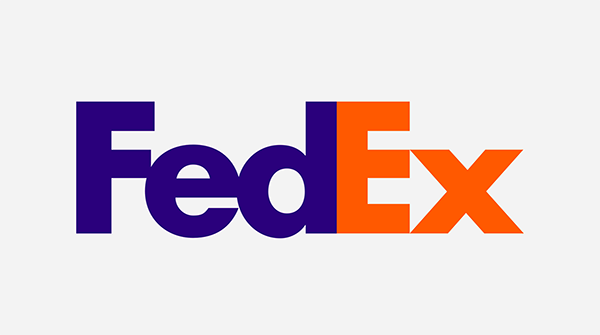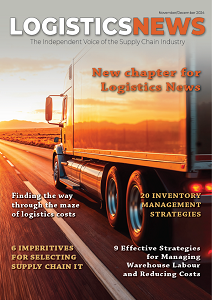Since the beginning of the COVID-19 pandemic, the global healthcare industry has seen significant demand for medtech products. To keep global trade moving, express logistics providers with network strength and flexibility, are continuing to play a critical role in moving pharmaceutical supplies, personal protective equipment, and other essential products to communities in need.
Logistics providers with expertise in moving goods around the world, have in-depth knowledge of local regulations, customs requirements, and environmental conditions that help determine the right distribution route, ensuring that each shipment is delivered in a safe and timely manner. This expertise and knowledge becomes even more critical during a pandemic.
Healthcare customers want supply chains that are agile and reliable, giving them full transparency, control, and flexibility to manage risk and track and react to any unforeseen events in the supply chain. While visibility and control are important in most industry supply chains, they are absolutely essential for the healthcare sector. From manufactured biological items to pharmaceuticals, the majority of items that the healthcare industry ships are sensitive, critical, and valuable.
Until recently, the biggest innovations in healthcare have often been around a breakthrough drug, vaccine or sophisticated medical device. However, logistics is increasingly playing a larger role in addressing some of the biggest challenges faced by this industry that can have an impact on cost, quality, and access.
One of the recent innovations in the healthcare sector is the use of hyper-precise technology, that enables carriers to gather, see and send data, helping to ensure near real-time tracking and tracing. Using this data, healthcare companies can map information such as location, light exposure, humidity, barometric pressure, and shock events, which may impact the safety and effectiveness of the contents of a healthcare delivery.
SenseAware, powered by FedEx, is just one such example of hyper-precise technology that tracks temperature and provides near real-time tracking and information, making the entire journey of healthcare products more connected, and accessible. This technology can be further connected using the FedEx Surround platform, which uses artificial intelligence and predictive tools to proactively monitor conditions surrounding the packages, allowing customer support agents to intervene if issues such as weather or traffic delays threaten to delay delivery timelines.
The movement of COVID-19 vaccines is likely to take place over a long period of time, and collaboration between the active ingredient producers, vaccine manufacturers, the logistics sector, and government agencies is crucial to its success.
Vaccine distribution and allocation has its challenges, so supply chains must be able to adapt quickly. To address these challenges, it is essential that healthcare companies partner with logistics experts that have the experience, global network, and technology solutions to handle their specific needs and provide customized solutions to help ensure safe and timely movement of vaccine and vaccine-related shipments.
Time-definite express transportation of critical shipments is exactly what our FedEx Express air network was built to do when we launched in 1973. Every step since then has prepared us for this mission. We have decades of experience and an unrivaled global network consisting of more than 5,000 facilities, over 680 aircraft, more than 200,000 vehicles, and – most importantly – nearly 600,000 dedicated team members.
FedEx stands ready to deliver COVID-19 vaccines around the world. The global transportation of vaccines will be among the most important work in the history of our company, and we are proud to be a part of the solution to end this public health crisis.

.png)


